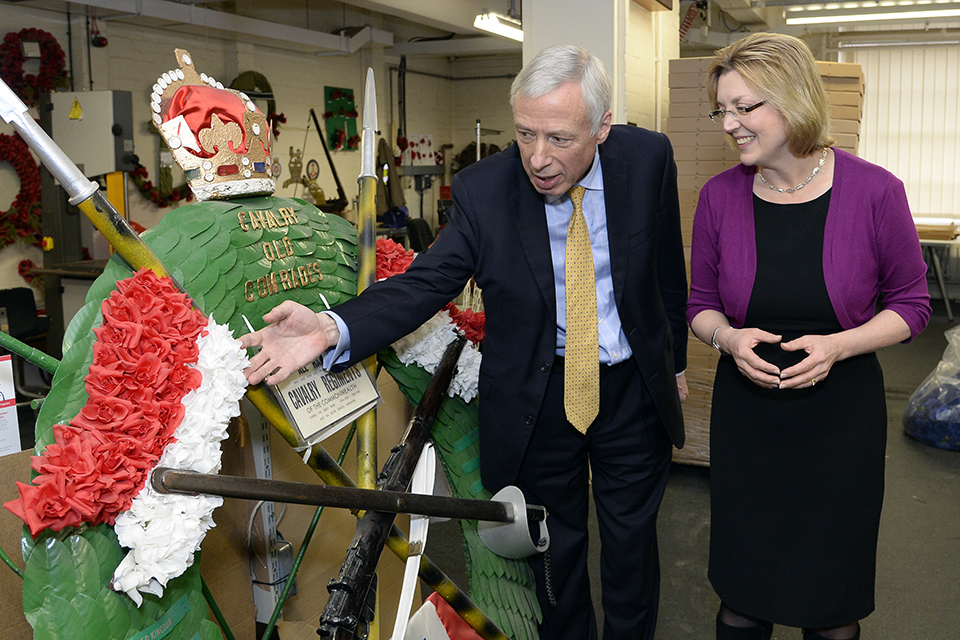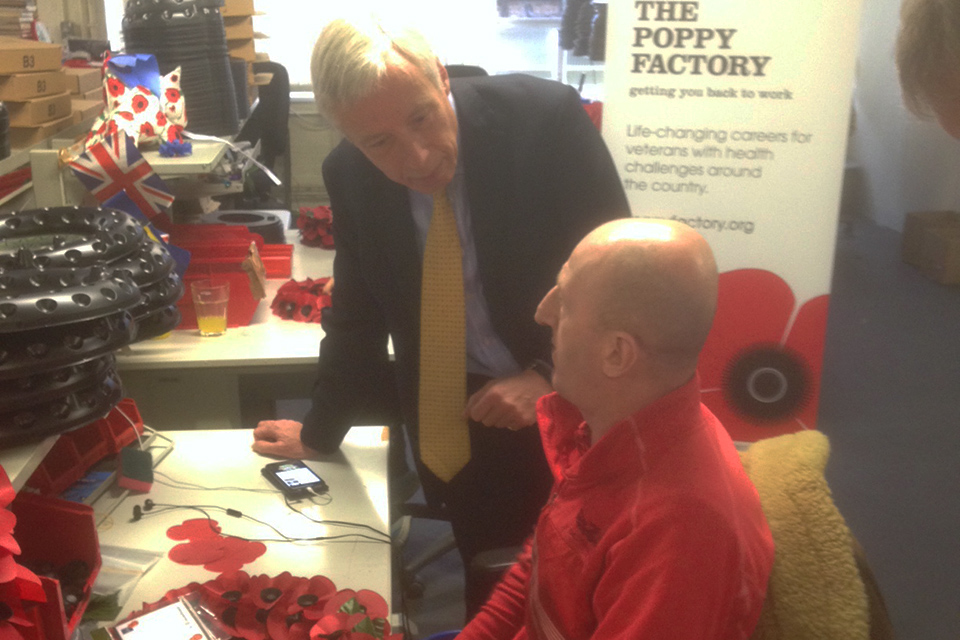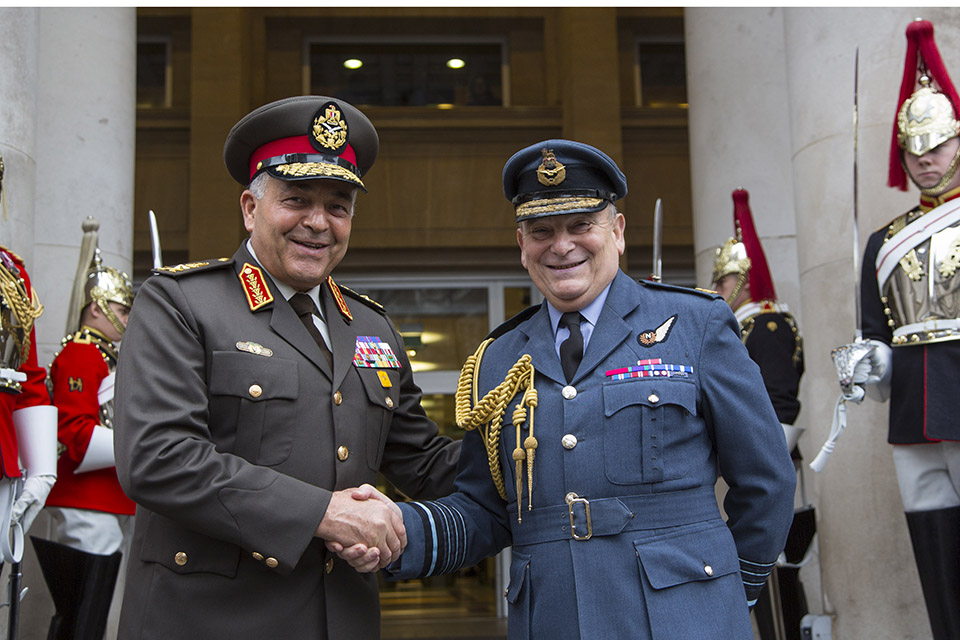News story: Defence Secretary hails global outlook of Midlothian naval engineers
Sir Michael Fallon visited MacTaggart Scott, who design, build, install and maintain engineering systems for the Royal Navy – the company’s “shop window” – and 40 of the world’s navies, including the US, French, Canadian, Australian and South Korean.
The visit is part of the Defence Secretary’s on-going engagement with Scotland’s industrial base, 10% of which is defence-related, directly supporting 11,000 Scottish jobs with thousands more sustained. During the visit he met with some of the company’s 32 engineering apprentices, which make up nearly 18% of the firm’s industrial workforce.
Defence Secretary Sir Michael Fallon said:
MacTaggart Scott is a terrific example of the benefits that combining innovation, a global outlook and an entrepreneurial spirit can deliver for Scotland as part of the UK.
They are a leading hub of international naval innovative design, manufacture and maintenance and should also be applauded for investing in our young people through their apprenticeship programme.
MacTaggart Scott designed, built and installed the huge lifts that will carry jets and helicopters between the flight decks and hangers on the Royal Navy’s new aircraft carriers, HMS Queen Elizabeth and HMS Prince of Wales, currently being built in Rosyth. They also design and build helicopter handling systems, and are competing for contracts relating to the new Clyde-built Type 26 on which the first steel will be cut this summer.
Remarkably, the company has been involved in every submarine built for the Royal Navy since 1915, and manufacture and provide support to a range of specialist submarine equipment, including stealth mast raising equipment for periscopes, optronics and communications equipment, sonar handling gear, hydroplane, rudder and ballast tank valves and actuators for submarines across the globe.
Bill Marsh, Managing Director of MacTaggart Scott said:
Our innovative work for the Royal Navy’s surface ships and submarines provides us with a vital shop window which sees half of our £35m turnover come from export.
Our ambition is to design, manufacture and install vital equipment and provide through life product support to every single Royal Navy ship and submarine.
- MacTaggart Scott is a privately owned engineering company founded in 1898 and employs 350 people, 32 of whom are apprentices.
Defence Budget
- The UK is investing £178bn in a decade long equipment programme.
- The UK Defence budget has a “double lock” which ensures that it will rise every year by at least 0.5% annually, above inflation and always exceed 2% of GDP.
UK
-
Trade with the rest of the UK makes up over half of Scotland’s exports, and is four times the value of exports to the rest of the EU.
-
The UK Government is firmly committed to the future of Defence in Scotland and its continued vital role in Defence.
-
Scotland is home to military bases that provide essential capabilities for the Defence of the UK as a whole.
-
By 2020, Scotland will be home to all of the Royal Navy’s submarines, one of the Army’s engagement and resilience Infantry Brigades, one of three RAF fast jet main operating bases and new P8 Poseidon Maritime Patrol Aircraft.


